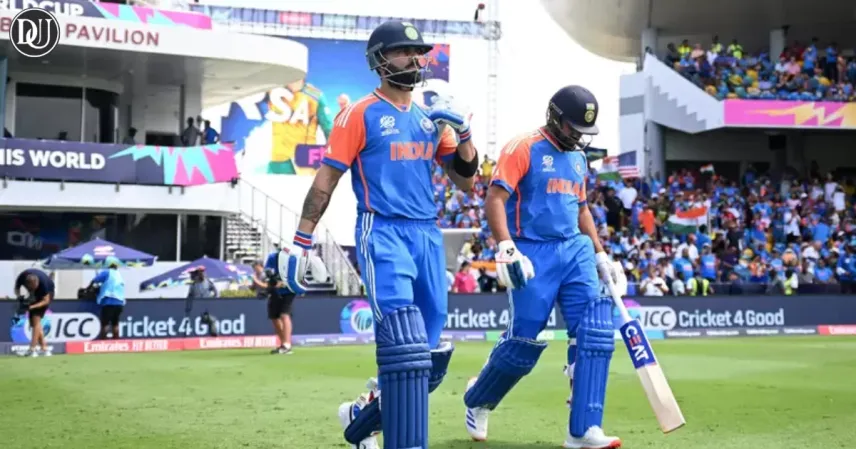Shubman Gill, one of India’s rising cricket stars, found himself at the center of controversy after allegedly breaching an icc rule during his captaincy debut. The incident occurred in the recent series opener, where Gill was leading the Indian team for the first time. According to reports, he failed to adhere to specific post-match responsibilities required by the icc code of conduct for team captains.
The violation relates to not attending the mandatory post-match presentation, which is a breach under the icc's Level 1 offenses. While the infraction may seem minor, it can result in fines and demerit points. If upheld, Gill may face a monetary penalty and a mark on his disciplinary record, a significant moment early in his leadership journey.
Understanding the ICC Code Violation
The icc enforces strict codes of conduct for players, particularly captains, who are expected to lead both on and off the field. Failing to appear at post-match media duties is not taken lightly, as it impacts transparency, accountability, and fan engagement.
In Gill's case, no official statement has been issued yet by the icc regarding penalties, but insiders suggest that a fine could be levied along with a formal warning. Cricket boards are also held responsible for ensuring their players meet these obligations, so the Indian team management may also be drawn into the matter.
ICC Associate Member Elections: Eight in the Race
Meanwhile, in a parallel development, the icc governance landscape is seeing activity off the pitch as well. Elections are underway for the Associate Member representatives to the Chief Executives’ Committee (CEC), with eight candidates vying for just three coveted seats.
This committee plays a vital role in shaping decisions around global cricket operations, scheduling, and financial distribution. The election has drawn interest as many associate nations push for greater influence and fairer treatment in the icc ecosystem.
The list of candidates includes representatives from both developing and established associate cricketing nations, signaling a diverse and competitive race. Voting is being carried out among the icc's associate members, and results are expected to be announced soon.
What's at Stake in the ICC CEC Election?
The Associate Member elections have grown in importance in recent years as these countries aim to secure more visibility, funding, and involvement in top-tier events. A seat at the CEC offers influence over critical decisions that impact everything from World Cup qualification formats to broadcasting revenue shares.
This year’s election also marks a shift in tone, with several candidates openly advocating for increased collaboration between Full and Associate Members and more strategic development initiatives for emerging cricket nations.
Combined Impact on the Global Cricket Stage
While Shubman Gill’s rule breach may seem disconnected from the icc elections, both stories reflect a broader picture of the organization’s reach — from maintaining discipline among elite players to empowering grassroots cricket globally.
The icc’s handling of Gill’s issue will be closely watched as it sets an example for future captains. Similarly, the outcome of the Associate Member elections will shape the voice of smaller cricketing nations on the world stage.
Together, these events highlight the icc's dual challenge of upholding high standards at the top level while fostering inclusivity and fairness in cricket’s global structure.








